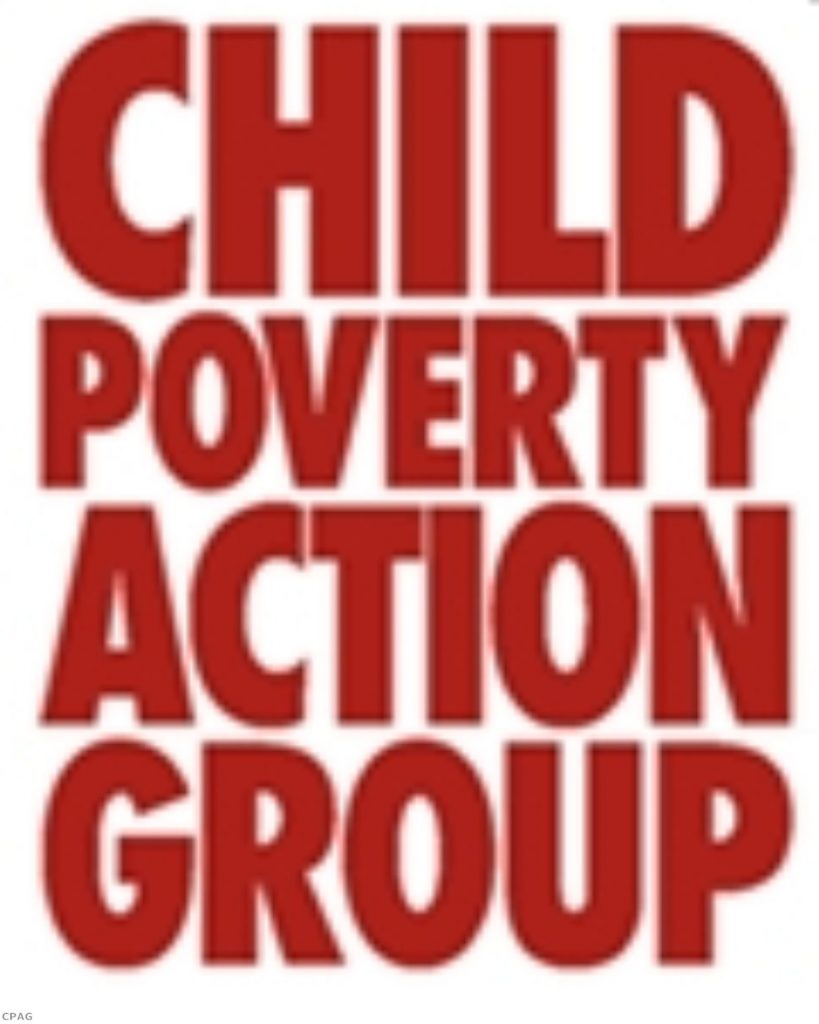CPAG: Childcare support plan must be better targeted and more timely
Responding to the government’s announcement that they will cover up to 85 per cent of childcare costs for some low-income families eligible for universal credit (UC) from April 2016, Alison Garnham, Chief Executive of Child Poverty Action Group said:
“We welcome this government recognition that the high costs of childcare in the UK act as a significant deterrent for all families who want to get back to work or work longer hours. But this scheme would do very little to help the families that need it most, or to reduce child poverty.
“Unfortunately, the plans announced today are massively complicated, poorly targeted and too many years away to provide comfort for families struggling right now. We are disappointed the new scheme is weighted heavily in favour of those on high incomes. With the economy still stagnant and child poverty rising, low income families need stronger work incentives today, not in three years’ time.
“Accessing affordable childcare is a gateway to starting work for many parents. Restricting higher levels of childcare support under Universal Credit to parents only when they are already in work reinstates barriers in the crucial period of transition into work that universal credit sought to break down, so the danger is that only a smaller number of low-income families will actually benefit from this proposal.”
ENDS
Notes to Editors
· CPAG favours direct investment in universal provision of childcare, free at the point of demand. Given that the government is not taking that option, we believe that any other approaches should at least target low income families, rather than use the bulk of resources for wealthier families.
· The personal tax allowance for 2013/14 is £9,440; therefore if both parents in a couple need to be paying income tax in order to qualify for the higher rate of childcare support under UC they would collectively need to earn at least £18,880 p.a. A couple earning this amount with two children would not, however, be living in poverty (the poverty line for a family of this type being £18,272 per annum).
· A parent working at national minimum wage has to work almost 30 hours per week to reach the income tax threshold for 2013/14. Currently 42% of women employees work less than this number of hours so would not qualify for the proposed scheme.
· In September 2012, a CPAG and Joseph Rowntree Trust report found childcare can add as much as £60,000 to the total cost of childhood. Childcare is one of the factors most responsible for the costs of children’s needs rising faster than inflation. The main state support for childcare costs is through tax credits and it was cut by 12.5% in April 2011. The report, ‘Cost of a Child’, is available at http://www.cpag.org.uk/content/new-cpag-research-shows-childhood-getting-more-expensive
· CPAG is the leading charity campaigning for the abolition of child poverty in the UK and for a better deal for low-income families and children.
· CPAG is the host organisation for the Campaign to End Child Poverty, which has over 150 member organisations and is campaigning for public and political commitment to ensure the goal of ending child poverty by 2020 is met.
For further information please contact:
Tim Nichols
CPAG Press Officer
Tel. 020 7812 5216 or 07816 909302





-01.png)